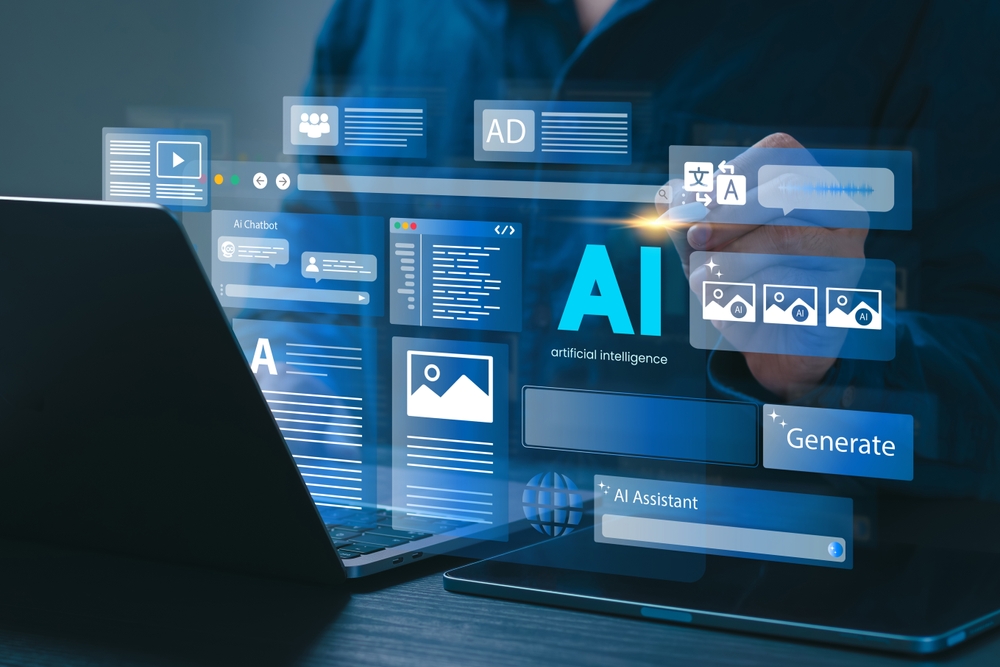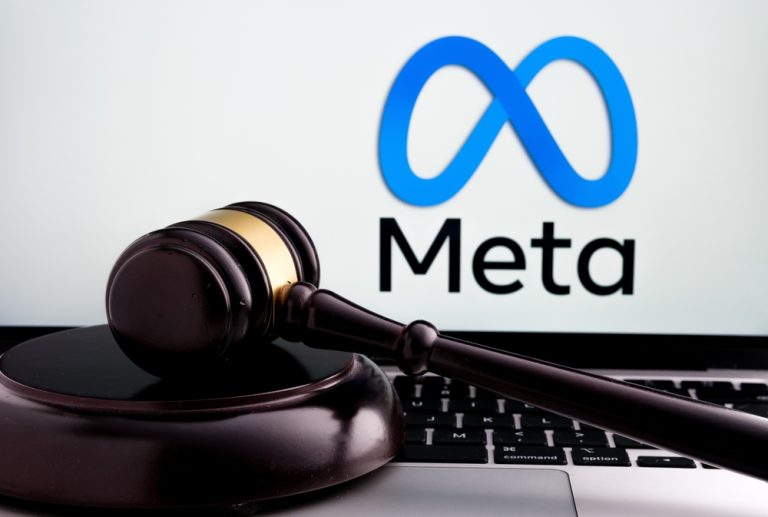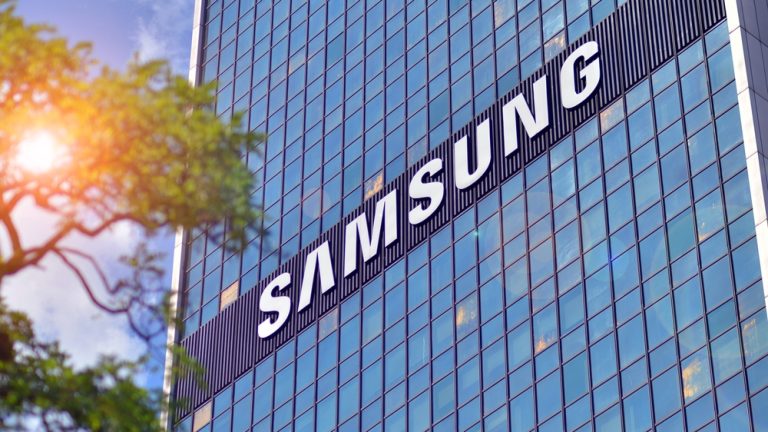Introduction to the Case
Getty Images has filed a landmark copyright lawsuit against artificial intelligence company Stability AI at London’s High Court. Getty accuses Stability AI of using its images without permission to train its Stable Diffusion system, which generates images based on text inputs. This case has significant implications for both the AI and creative industries, with Getty rejecting Stability AI’s claims that the case could harm technological innovation.
Allegations by Getty Images
Seattle-based Getty Images, a major provider of editorial and stock images, argues that Stability AI unlawfully scraped millions of images from its websites. These images were allegedly used to train and develop the Stable Diffusion AI model, which can create new images using prompts. Getty is also pursuing a parallel lawsuit against Stability AI in the United States, underscoring the global scope of the issue.
Stability AI’s Defense
Stability AI, backed by hundreds of millions of dollars in funding, including a recent investment from the world’s largest advertising company, WPP, denies any wrongdoing. In response to the lawsuit, Stability AI’s spokesperson stated that the case is about broader technological innovation and freedom of expression. The company contends that artists using their tools are creating work built on collective human knowledge, which it claims falls under fair use.
Getty’s Argument
Getty’s legal team, however, asserts that the lawsuit is about protecting intellectual property rights. Getty’s lawyer, Lindsay Lane, clarified in court that this was not a battle against AI but a matter of ensuring that AI companies do not use copyrighted works without compensation. Getty insists that both the creative and tech industries can coexist and thrive together, but AI firms must respect copyright laws when using creative works.
Wider Legal and Ethical Impact
The lawsuit is part of a broader wave of legal challenges against AI companies using copyrighted material to train models. As AI tools like ChatGPT have become more widely available, there is increasing concern about the implications for creative industries. High-profile figures like Elton John have advocated for stronger protections for artists. Legal experts believe Getty’s case could set important precedents for future copyright laws in the age of AI.
Potential Legal Consequences
The outcome of Getty’s case could have far-reaching consequences for both the AI industry and the broader creative sector. According to legal experts, the case could influence government policy on copyright protections related to AI. It will also likely define the limits of copyright monopolies in the context of AI development, marking a pivotal moment for the law in this rapidly evolving area.






















